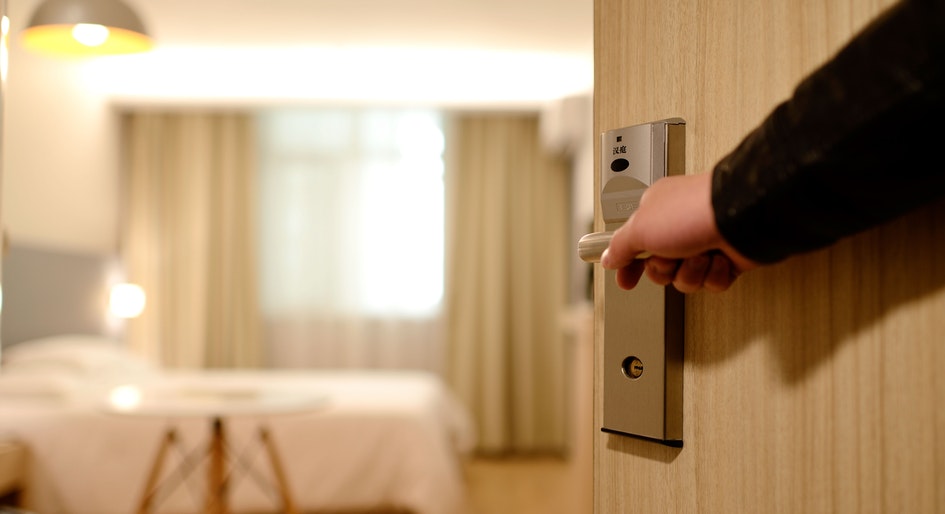With many governments, health and social agencies now procuring space for COVID-19 related treatment or quarantine quarters, hotel operators are advised to assess and contractually account for risk before signing any agreements. A recent advisory memo from the insurer, HUB, sets out several considerations for hotels transitioning to the provision of emergency housing or alternate care facilities.
The information — covering issues such as assignment of obligations and liability, service provision and employee safety, maintenance and restoration, hazardous waste handling and reputational factors — is included among resource documents on the Canadian Hotel Advisor Collective’s (CHAC) website. The website also prominently flags the Canadian government’s procurement activities and portal.
“Hotel owners and operators should be aware that the Government of Canada is seeking, on a priority basis, a number of services that hotel owners may be uniquely positioned to provide. These include food services, laundry services and accommodation maintenance services. This could provide an important revenue enhancement opportunity for owners who are experiencing a loss of revenue due to the current situation,” a posting on the CHAC homepage states.
While acknowledging the risk that a hotel property could later be stigmatized for its stint on the COVID-19 frontlines, HUB’s advisory memo also underscores the potential marketing upside of supporting the community response to the crisis. Notably, hotel operators can point to their role in: providing safe, comfortable accommodations for vulnerable groups and/or health care workers and other frontline responders; alleviating pressure on conventional health care and shelter space; and protecting the wider community from exposure to infection.
“Due to the current perception of COVID-19, any hotel owner would be concerned with the impact this may have on their reputation, as well as future revenue and potential vacancy. Weighing these implications against the short-term revenue gain is a difficult decision,” the HUB memo declares. “From a public relations standpoint, there may be a few items that the hotel owner has to address in order to reduce concerns for future guests and the local community.”
Both public education and the contractual agreement with the short-term occupiers are critical to this strategy. That will reinforce the message that COVID-19 infectiousness will not linger once temporary quarantine or health care services have vacated the property, and ensure that short-term occupiers restore the property to its previous condition.






